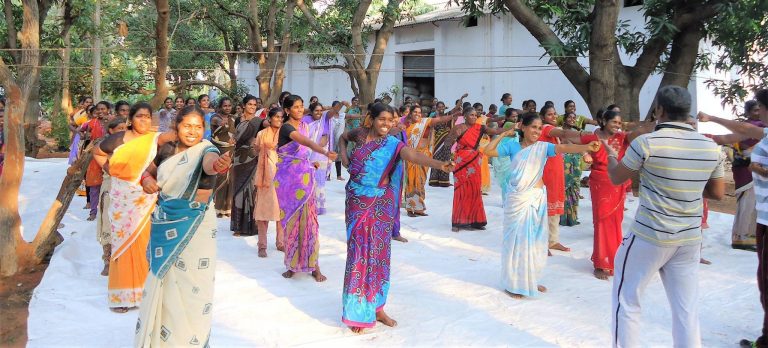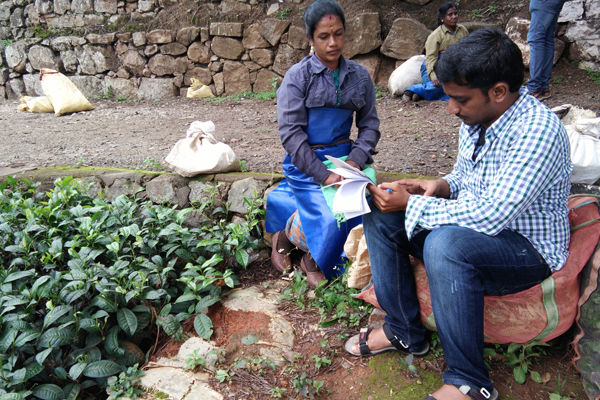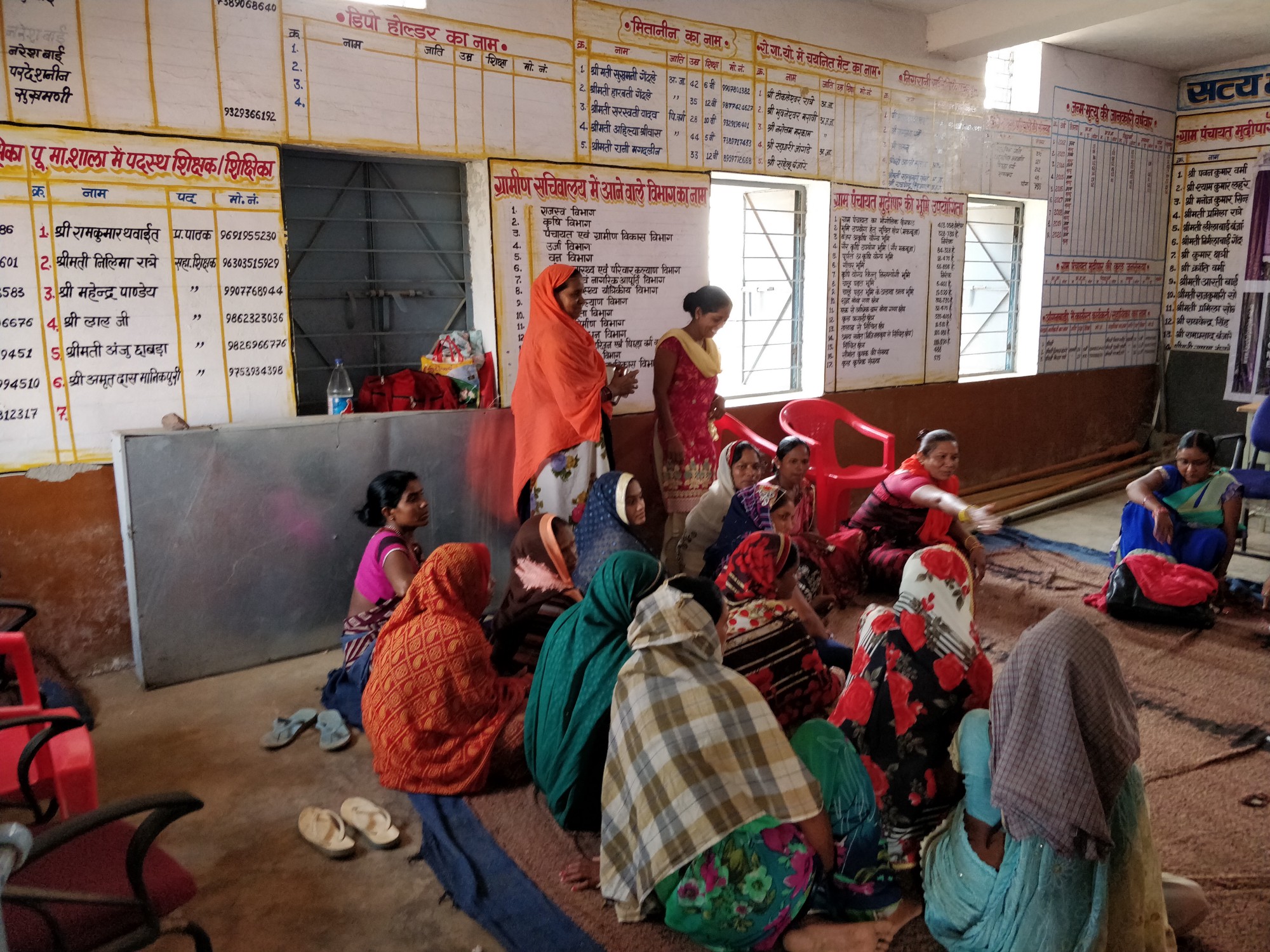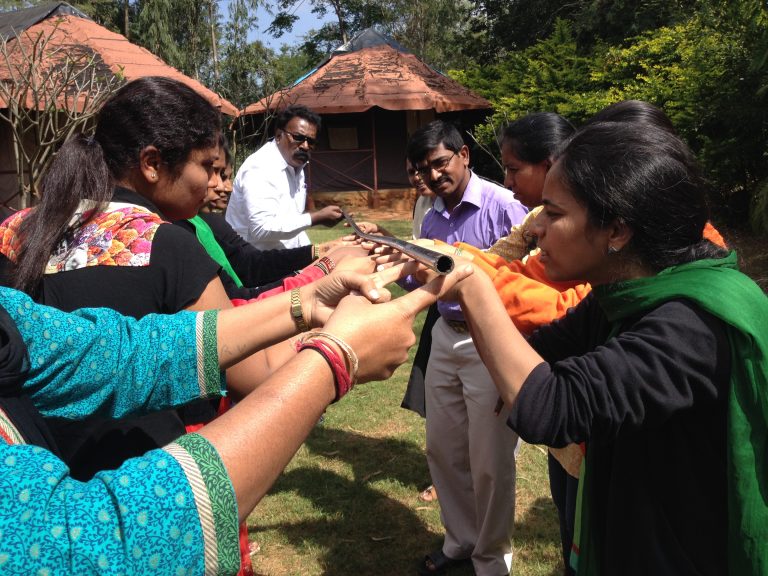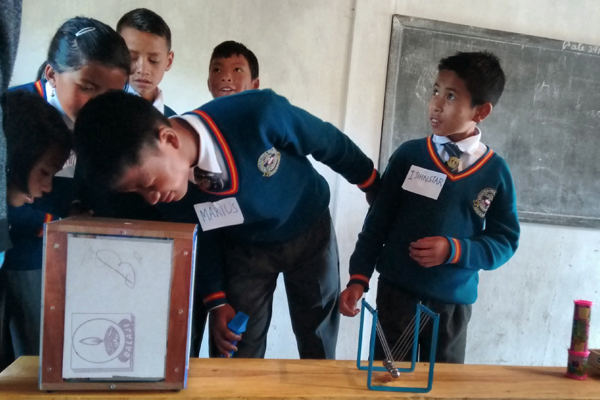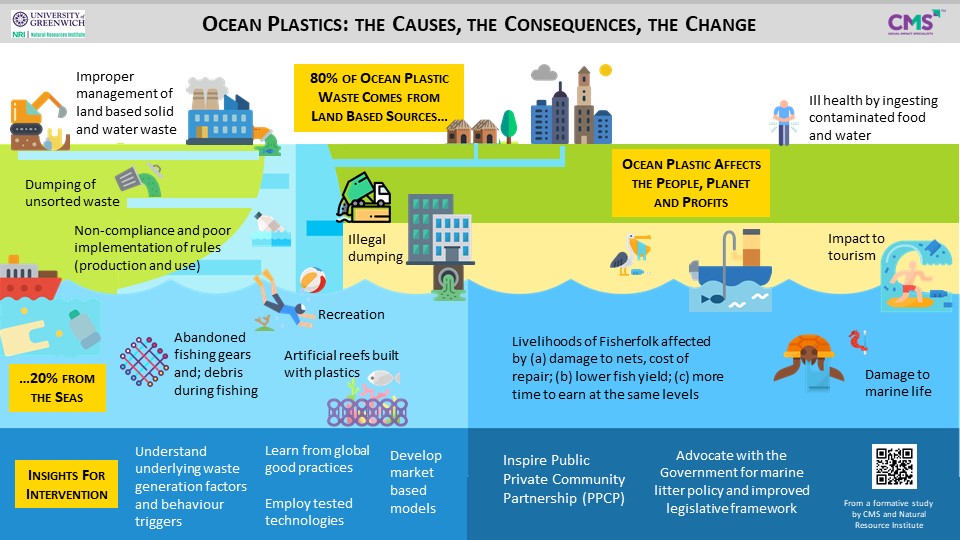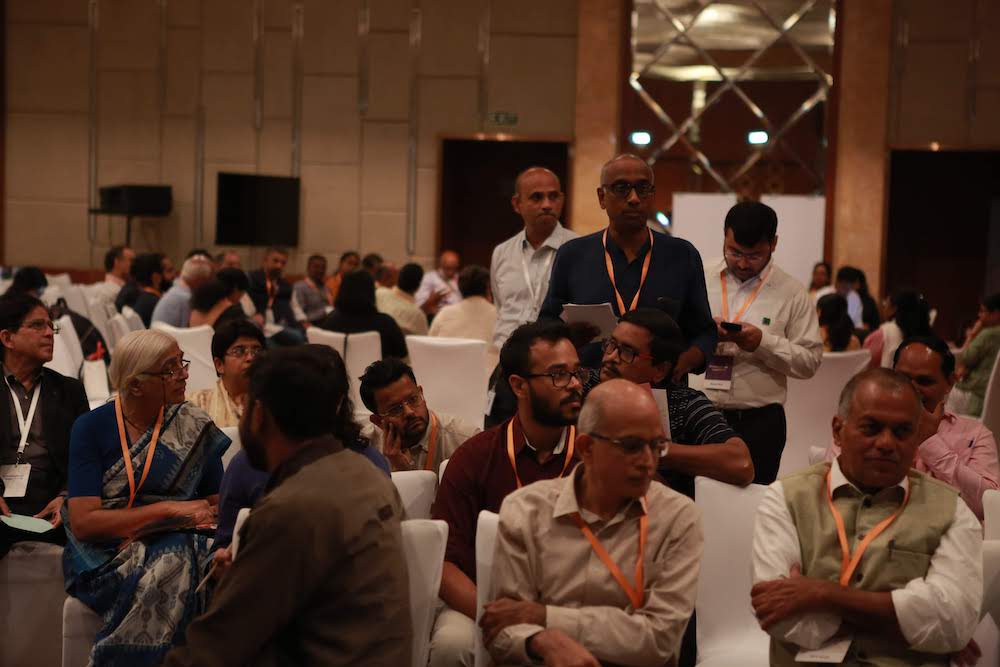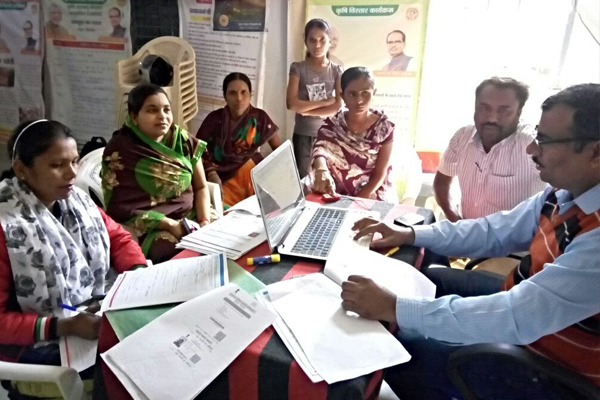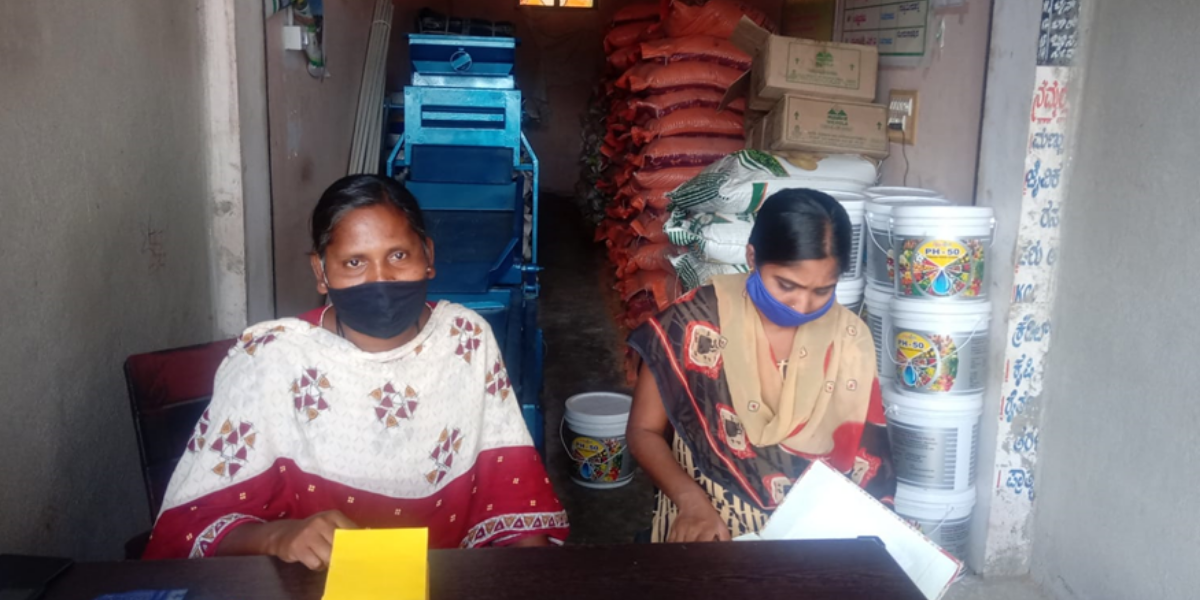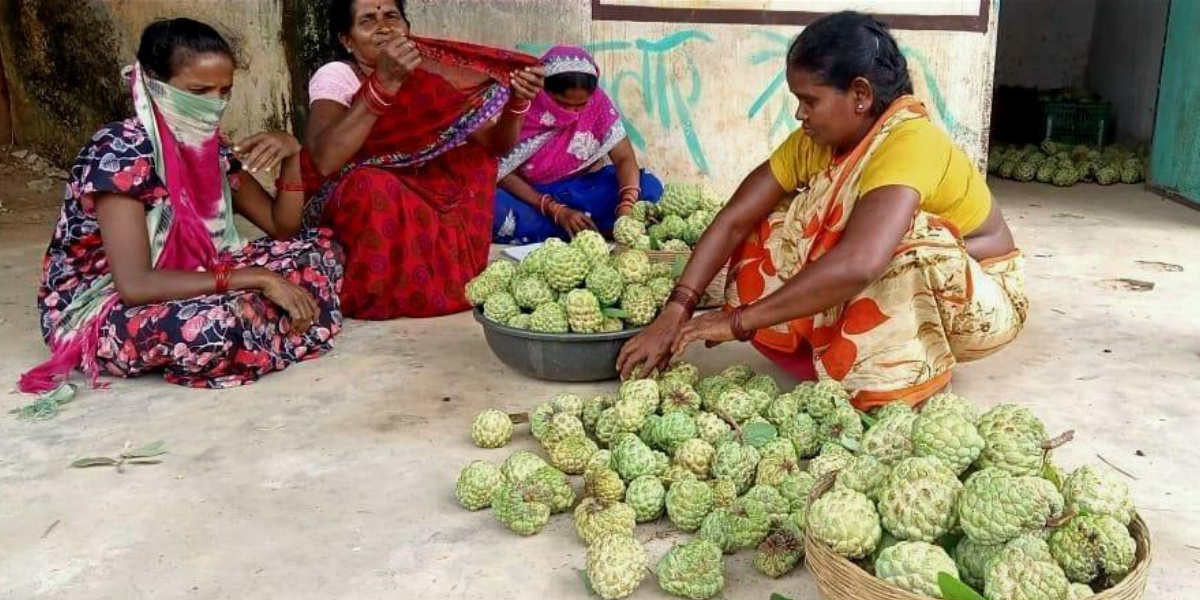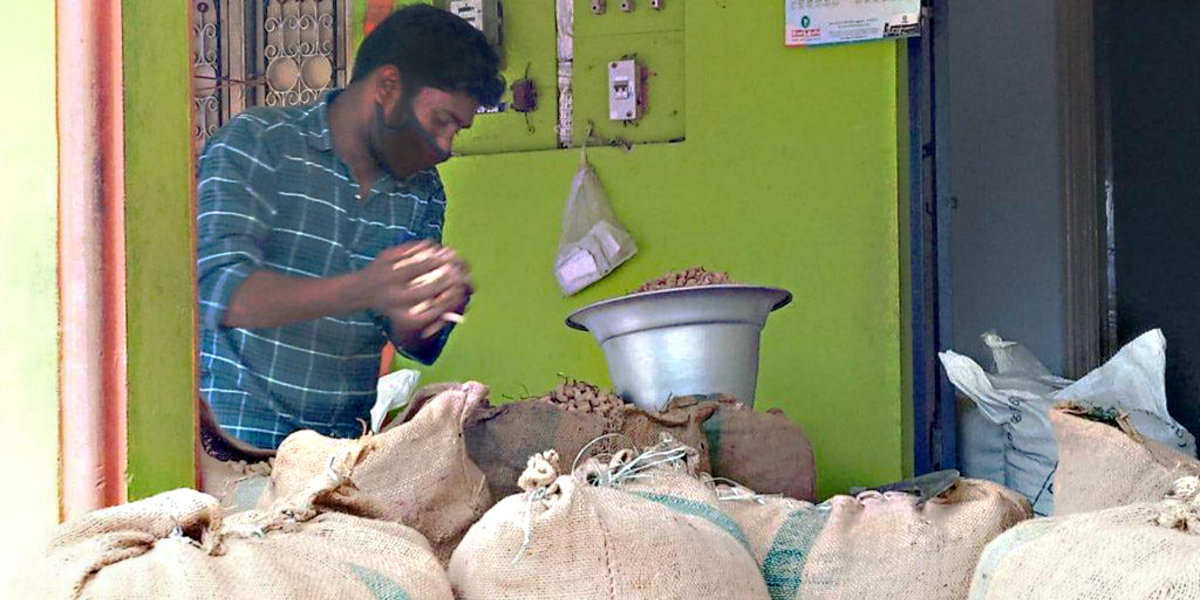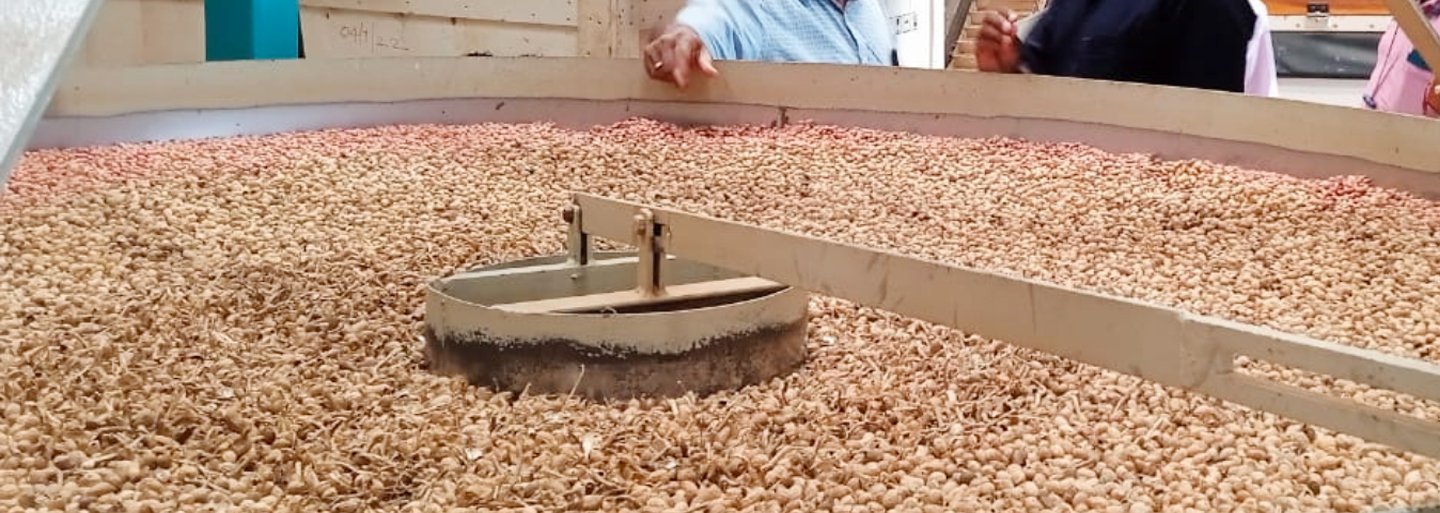FROM DESIGNING AND IMPLEMENTING IMPACT EVALUATIONS
Impact evaluations are now a part and parcel of international development grants. They not only serve an accountability function for donors and other stakeholders but provide an opportunity to learn lessons improving the delivery of subsequent interventions. Impact evaluations enable an understanding of the extent to which project goals have been met and assess both intended and unintended consequences of a programme. As a result, they help build the evidence base in the sector and facilitate improved allocation of resources.
CMS has conducted over 170 evaluations working with local and national government, donors and NGOs. We work closely with clients to ensure they commission the right type of evaluation for their needs. We have designed checklists and decision-making tools to aid the process. Evaluators have a tendency to alter programme designs in order to improve assessment processes. This results in tensions with programme implementers. We understand the need to compromise between staying faithful to the programme design and safeguarding the evaluation processes.
Many outcomes in development can be intangible and the result of multiple interacting factors. Consequently, experimental methods are not best suited to evaluate these programmes. We use a range of methodological tools to capture these nuances and have robust systems and processes to ensure high quality data collection and data quality assurance.
With evaluations, the journey is as important as the destination. Process evaluations have often been neglected, but they allow us to understand how the outcome has been achieved and the conditions necessary to bring about that change. They consider issues faced in programme delivery and explore how barriers were overcome. These crucial insights inform whether and how initiatives can be scaled and replicated in different settings.

